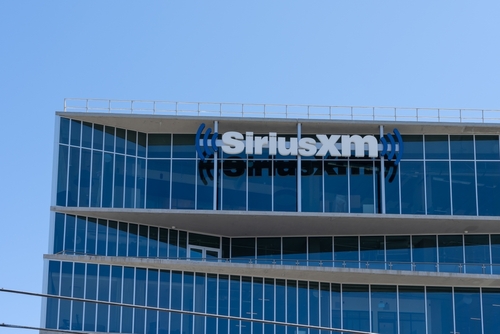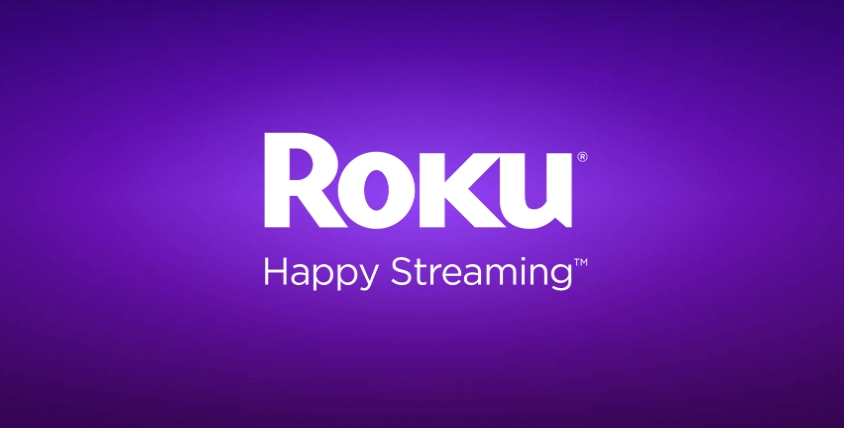Billionaire Money Managers Are Piling Into 3 High-Yield Dividend Stocks Amid a Historically Pricey Stock Market

For more than two years, the bulls have been running wild on Wall Street. Since 2023 began, the ageless Dow Jones Industrial Average, benchmark S&P 500 (SNPINDEX: ^GSPC), and growth-powered Nasdaq Composite have soared by 34%, 57%, and 88%, respectively, through the end of January 2025.
While rising tides have given investors plenty of reason to smile, it's also made the stock market historically pricey.
The S&P 500's Shiller price-to-earnings (P/E) Ratio, which is also known as the cyclically adjusted P/E Ratio (CAPE Ratio), ended Jan. 31 at a reading of more than 38 and is a stone's throw from its closing high of 38.89 during the current bull market. This is more than double its average reading of 17.2, when back-tested 154 years.
Since January 1871, there have been only six instances where the S&P 500's Shiller P/E surpassed 30 during a bull market, including the present. Following the previous five occurrences, the Dow, S&P 500, and/or Nasdaq Composite eventually lost anywhere from 20% to 89% of their value. In other words, it's a harbinger of trouble for Wall Street -- and select billionaire money managers appear to be taking notice.
Amid an exceptionally pricey stock market, billionaire asset managers are seeking safety, value, and income with the following three high-yield dividend stocks.
Warren Buffett: Sirius XM Holdings (4.5% yield)
Wall Street's most-famous billionaire investor, Berkshire Hathaway's Warren Buffett, has been a net seller of stocks, to the cumulative tune of $166.2 billion, for eight consecutive quarters. Despite this persistent selling, the Oracle of Omaha can't stop buying shares of satellite-radio operator Sirius XM Holdings (NASDAQ: SIRI), whose dividend yield recently neared 5%.
Sirius XM is a rare breed of company in the sense that it's a legal monopoly. Though it does still fight for listeners with traditional radio operators, no other company possesses a satellite radio license. The advantage of being a legal monopoly is it affords Sirius XM notable subscription pricing power.
But it could be argued that its legal monopoly status isn't its biggest competitive advantage within the radio space. Rather, it's the company's revenue diversity.
Terrestrial and online radio companies generate most or all of their sales from advertising. This approach works fantastic during long-winded periods of economic expansion, but can expose traditional radio operators to tough times when recessions occur and businesses meaningfully pare back their marketing budget.
Meanwhile, Sirius XM brought in around 20% of its net sales in 2024 from adverting (via Pandora), with approximately 76% of net sales originating from subscriptions. Subscribers to its platform are far less likely to cancel their service than businesses are to cut their ad spending during economic hiccups. In short, Sirius XM's operating model and cash flow should be steadier than its peers in any economic climate.
Perhaps most important to Buffett, Sirius XM stock is a bargain. Shares of the company can be gobbled up right now for a multiple of 7.6 times forecast earnings per share (EPS) in 2025. This equates to a 50% discount to Sirius XM's average forward P/E ratio over the trailing-five-year period.
Dan Loeb: CVS Health (4.71% yield)
Billionaire asset manager Dan Loeb at Third Point has been decisively paring down his fund's stake in the high-flying "Magnificent Seven" stocks in favor of value and income stocks. In particular, Loeb oversaw the purchase of 1,575,000 shares of pharmacy giant CVS Health (NYSE: CVS), which is yielding a hearty 4.7%, during the September-ended quarter.
Brick-and-mortar pharmacy chain stocks like CVS have had a rough go over the last three years as online pharmacy competition has picked up and juggernauts like Amazon entered the space. The margins associated with selling prescription drugs are notably higher than front-end retail sales.
The good news for CVS Health and its shareholders has been management's willingness to think outside the box and push into new verticals.
This transformation began more than six years ago with CVS's $69 billion acquisition of health insurer Aetna. Not only did this buyout give Aetna's members a reason to remain loyal to CVS's product and service ecosystem, but it offered a way for CVS to accelerate its organic growth rate. Health insurers often possess strong premium pricing power.
But this hasn't been the last big acquisition for CVS Health. It's spent more than $18 billion, in aggregate, to buy Signify Health and Oak Street Health. The former is a home health-focused company, while the latter caters to retirees via Medicare-focused primary care. These buyouts signal CVS's desire to turn its attention to higher margin healthcare services.
Even after the company tempered its near-term profit outlook, CVS Health stock is trading at only 9 times forecast EPS for 2025. Though this is more or less in-line with its average forward P/E multiple over the last five years, it's a considerably cheaper valuation than the broader market.
Stanley Druckenmiller: Philip Morris International (4.15% yield)
The third high-yield dividend stock that's caught the fancy of at least one prominent billionaire money manager is tobacco giant Philip Morris International (NYSE: PM), which is yielding roughly 4.2%. Billionaire Stanley Druckenmiller, who oversees close to $3 billion in assets at Duquesne Family Office, purchased 245,280 shares of Philip Morris stock during the September-ended quarter.
Though tobacco stocks have been some of the most-reliable investments for decades, they're fighting a battle against a shrinking customer pool in some developed markets. In the U.S., for example, the adult cigarette smoking rate has dropped from around 42% in the mid-1960s to an estimated 11.6% in 2022, according to the Centers for Disease Control and Prevention.
Philip Morris's secret sauce is that it's a global tobacco company that's operating in more than 180 countries. If tobacco rules and regulations become more stringent in a handful of developed markets, there are dozens of emerging markets, where tobacco may still be considered a luxury for a burgeoning middle class, which can pick up the slack.
This is also a company that benefits from exceptional pricing power due to the addictive nature of its product -- tobacco contains nicotine, which is an addictive chemical. Decades of price hikes haven't scared away smokers.
But arguably the most exciting aspect of Philip Morris's operating model is its ongoing shift to smoke-free products. The company's IQOS heated tobacco system and Zyn oral pouches collectively delivered organic sales growth (sans currency movements) of 16.8% in the third quarter for Philip Morris's smoke-free operations.
Although Philip Morris International's forward P/E of 18.6 represents a 20% premium to its average forward P/E multiple over the last half-decade, this premium may be justified by IQOS and Zyn meaningfully reaccelerating the company's growth rate.
Should you invest $1,000 in Sirius XM right now?
Before you buy stock in Sirius XM, consider this:
The Motley Fool Stock Advisor analyst team just identified what they believe are the 10 best stocks for investors to buy now… and Sirius XM wasn’t one of them. The 10 stocks that made the cut could produce monster returns in the coming years.
Consider when Nvidia made this list on April 15, 2005... if you invested $1,000 at the time of our recommendation, you’d have $714,954!*
Stock Advisor provides investors with an easy-to-follow blueprint for success, including guidance on building a portfolio, regular updates from analysts, and two new stock picks each month. The Stock Advisor service has more than quadrupled the return of S&P 500 since 2002*.
*Stock Advisor returns as of February 3, 2025
John Mackey, former CEO of Whole Foods Market, an Amazon subsidiary, is a member of The Motley Fool's board of directors. Sean Williams has positions in Amazon and Sirius XM. The Motley Fool has positions in and recommends Amazon and Berkshire Hathaway. The Motley Fool recommends CVS Health and Philip Morris International. The Motley Fool has a disclosure policy.








